Fertility Diet Recipes
If you’re getting trying to conceive, you’ll want to check out this article that includes information on foods for fertility and fertility diet recipes. Find wholesome recipes and tips to support fertility for both men and women.
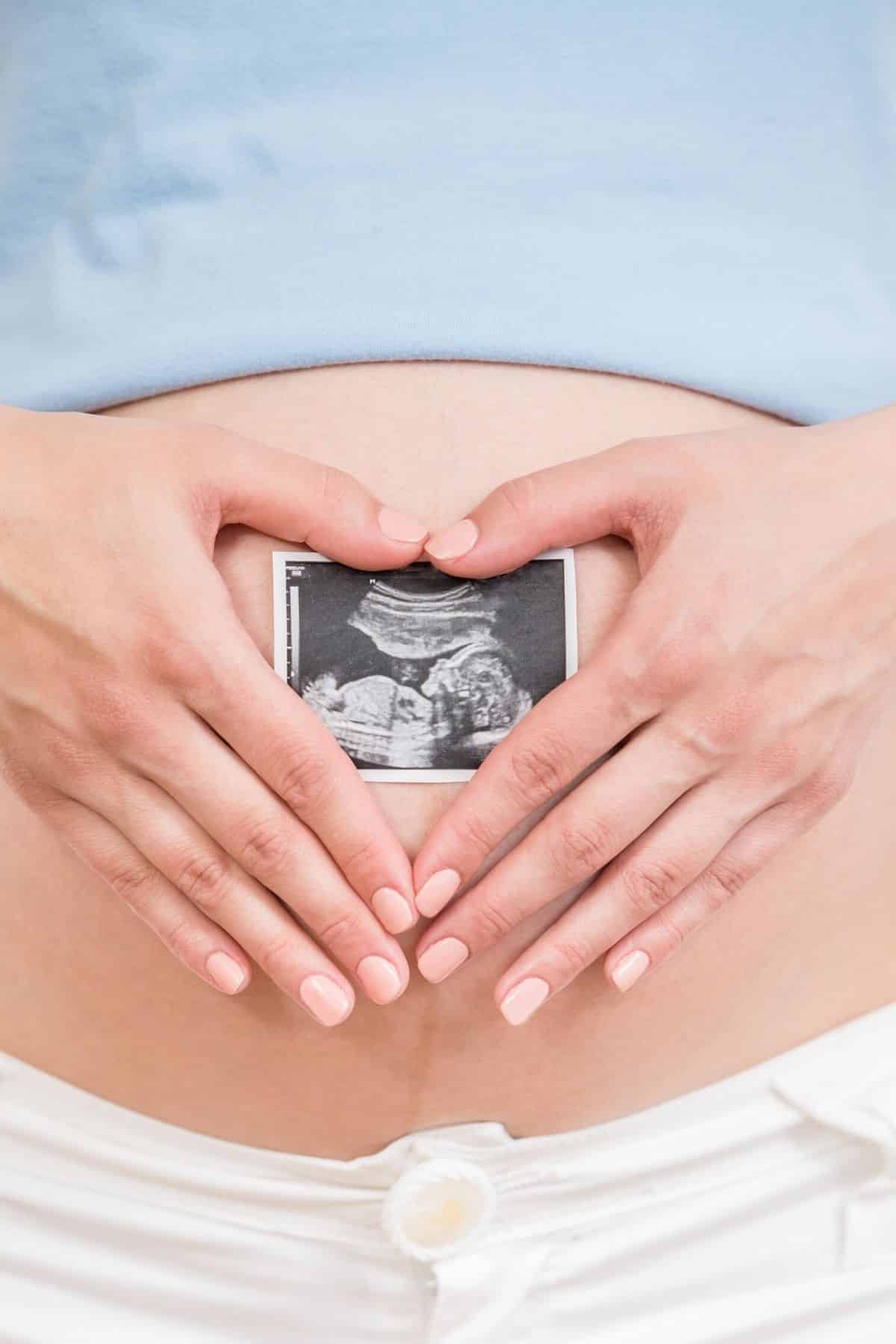
What is The Fertility Diet?
The Fertility Diet sometimes refers to a book written by Jorge Chavarro, Walter Willett, and Patrick Skerrett published in 2007.
The book is called The Fertility Diet: Groundbreaking Research Reveals Natural Ways to Boost Ovulation and Improve Your Chances of Getting Pregnant, and details findings from the Nurses’ Health Study relating to the effects a woman’s diet can have on her fertility.
The fertility diet doesn’t just refer to the book’s recommendations, though. Functional health professionals now offer a set guidelines based on boosting nutrients specific to conception and pregnancy that can also be referred to as a Fertility Diet.
See below for foods and recipes for fertility.
Worst Foods for Fertility
Before we get into the fertility recipes, let’s talk about what men and women may wish to avoid eating when considering getting pregnant.
Gluten
If you are one of the millions of Americans who has Celiac disease or non-Celiac gluten sensitivity, then you should avoid gluten. Eating gluten when you have either of these conditions can lead to systemic inflammation in the body and other issues.
Furthermore, American wheat is often heavily contaminated with pesticides, causing further endocrine disruption and potential issues including miscarriage.
Alcohol
Alcohol is another stressor on the body and can impair hormone metabolism in the liver. When you consume alcoholic beverages, your liver must process it first before resuming normal processes such as hormone metabolism.
Ensuring your hormones are being produced and metabolized efficiently is important for conception, so avoiding alcohol when trying to conceive is a good idea.
Artificial Sweeteners
For both conception planning and pregnancy, you may wish to avoid artificial sweeteners. This means you may have to give up diet sodas and other foods with sweeteners. And, even natural sweeteners may have some negative effects on fertility.
So, discuss with your doctor whether or not sweeteners are safe for you. See my list of the best sugar substitutes.
Excess Refined Carbohydrates and Sugar
Eating too many refined carbohydrates or sugary foods can cause blood sugar imbalance and further exacerbate conditions such as insulin resistance and PCOS.
To optimize your blood sugar and overall health, make sure each meal is balanced with healthy sources of fat, protein, and carbohydrates. You can check out my article with more ideas about how to eat clean and the best no-sugar foods. See below for specific fertility diet recipes.
Overly Restrictive Diets
Overly restrictive diets may cause excess stress and reduce the chance of conception for both males and females. If you’re trying to conceive, your best bet is to incorporate as many healthy foods as possible and avoid extreme diet. See my related articles on who should avoid going keto and the dangers of a vegan diet.
If you specifically have PCOS, you should read my article on the best PCOS diet. If you are trying to lose weight, then you might also like this article with the best weight loss tips for women.
And, please remember that there isn’t just one set of rules for a fertility diet. Each woman will have different needs and should be advised by a licensed healthcare professional to find a diet and supplement routine that supports her fertility needs.
Fertility Foods
On the other end of the spectrum, certain foods can definitely ensure your hormones are stable and supply you with the nutrients necessary to support life.
So, when trying to conceive or if you’re pregnant, consider increasing your intake of these nutrient-dense foods. You may also want to refer to my article on the Ten Foods to Eat to Be Healthy.
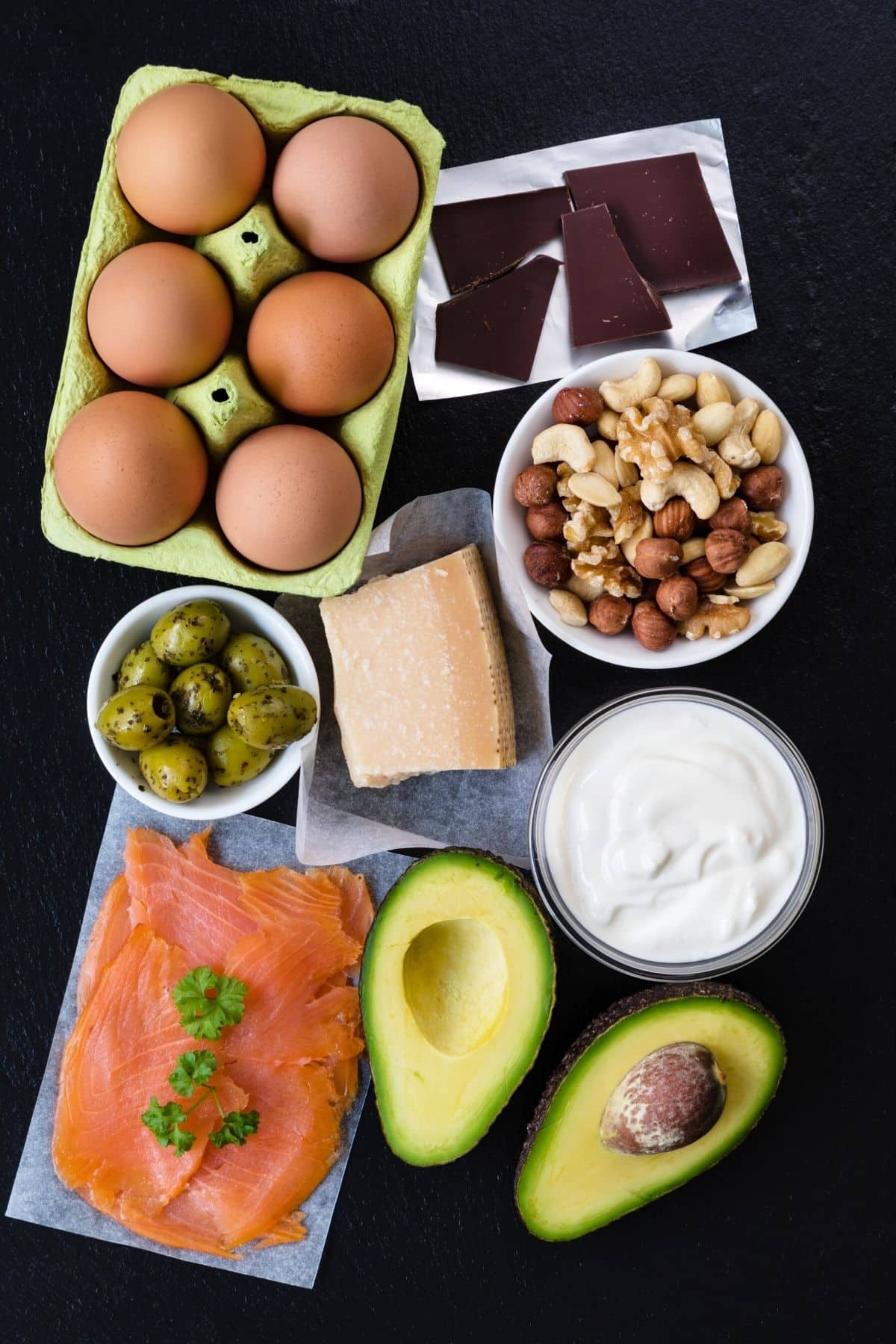
You may also want to check out my article with the best protein powders for pregnancy to help increase your protein intake once you are pregnant.
Foods Rich in B-Vitamins
Foods rich in B-vitamins help support energy levels, blood cell production and reduce the risk of neural tube defects.
Sources of B-vitamins include grass-fed red meat, pasture-raised chicken and eggs, sustainably-sourced fish, avocados, bananas, berries, nuts and seeds, leafy greens, some whole grains, and legumes.
Foods Rich in Iron
Proper iron intake and iron supplementation can help prevent low birth weight of babies and increases hemoglobin of the mom.
Sources of heme iron include grass-fed red meat, pasture-raised chicken and eggs, and sustainably-sourced fish. Non-heme iron from nuts, seeds, and legumes require additional co-factors such as vitamin C to be absorbed and are absorbed to a lesser degree than heme iron.
Foods High in Folate
Folate helps reduce the risk of neural tube defects such as spina bifida. Focus on foods high in folate rather than folic acid, which is the synthetic inactive version of folate. Folic acid is not easily converted to folate, particularly by those with the MTHFR gene mutation.
Foods high in folate include pasture-raised chicken and calf’s liver, lentils, spinach, strawberries, and asparagus.
Foods Rich in Vitamin A
Vitamin A and its precursor, beta-carotene, help bone and teeth growth.
Sources of Vitamin A include fish and pasture-raised organ meats, eggs, and dairy. Sources of beta carotene include yams, pumpkin, carrots, spinach, and other vegetables and fruits. It’s pretty easy to spot most foods high in beta carotene as the nutrient gives them a bright orange color.
Foods Rich in Vitamin C
Vitamin C supports immune system development and protects tissues from damage. Sources include citrus fruits, bell peppers, berries, cruciferous vegetables, and potatoes.
FAQs
A fertility diet plan is a specific way of eating intended to increase fertility and chances of conception. This will often include lifestyle and supplement plans as well.
The burden of conception and a healthy baby isn’t only relevant to women! Men should definitely consider how their diet affects their fertility. For optimal fertility, a man should follow much the same diet as a woman should–limiting processed and nutrient-empty foods and eating an abundance of nutrient-dense whole foods.
Nutrients like zinc, folate, and Omega-3 fatty acids can all improve sperm quality. Men should also take care to avoid junk food, excess alcohol and caffeine, and phytoestrogenic foods like soy as all have been linked to decreased fertility.
Fertility Diet Recipes
Fertility Diet Recipes
Here are the best Fertility Diet Recipes that are rich in nutrients that support healthy conception and pregnancy. These recipes are also low in added sugars.
Crockpot Coconut Chicken Stew
This nourishing chicken stew is full of vegetables, protein, and healthy fats.
Instant Pot Easy Chicken & Sweet Potato Dinner
This simple dinner is full of micronutrients and protein. Plus, it tastes great!
Air Fryer Turkey Burgers Without Breadcrumbs
Turkey is a great lean protein that is rich in vitamins and minerals.
Keto Canned Salmon Salad
If you don't have time to cook salmon, make this canned salmon salad instead!
Copycat Costco Quinoa Salad Recipe
Everyone loves this healthy copycat version of the famous Costco Quinoa Salad!
Wild Rice and Lentil Salad
Here's another great salad that can be served as a main dish. It includes lentils which are rich in plant-based iron.
Green Apple Smoothie with Spinach
This Apple and Spinach Smoothie is a tasty way to get your greens.
Peanut Butter Cauliflower Smoothie
If you don't love eating cauliflower, then put it in a smoothie!
Avocado Chocolate Smoothie (Vegan)
This healthy chocolate smoothie is full of healthy fats and tastes like a milkshake.
Kale Berry Chocolate Weight Loss Smoothie
Here's a berry smoothie that also includes kale. It's delicious!
Conclusions
Don’t forget to join my newsletter list to get exclusive clean eating recipes and tips. The newsletter is 100% free with no spam; unsubscribe anytime.
About the Author: Carrie Forrest has a master’s degree in public health with a specialty in nutrition and is a certified holistic nutritionist. She is a top wellness and food blogger with over 5 million annual visitors to her site. Carrie has an incredible story of recovery from chronic illness and is passionate about helping other women transform their health. Send her a message through her contact form.
Note: this post is for informational purposes only and is not intended as medical advice. Please consult your healthcare provider for recommendations related to your individual situation.


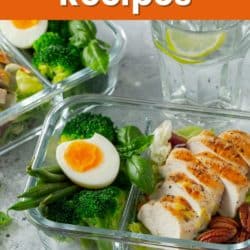
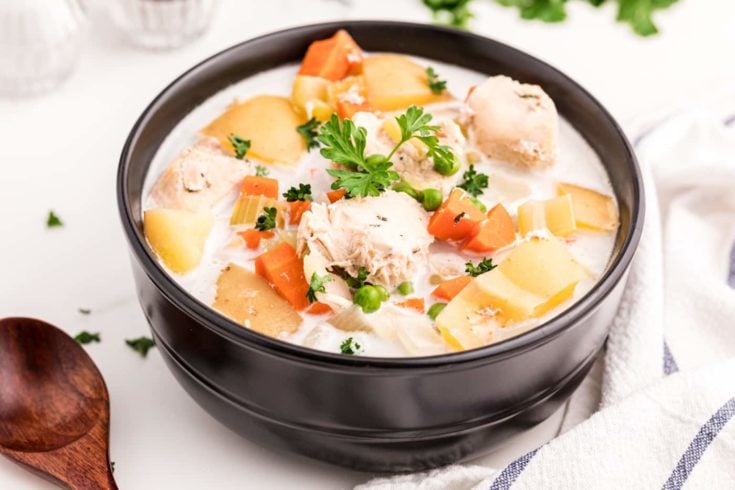
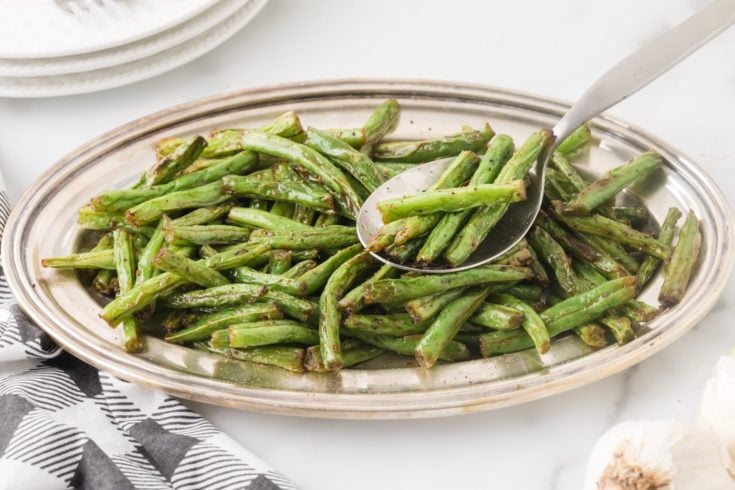
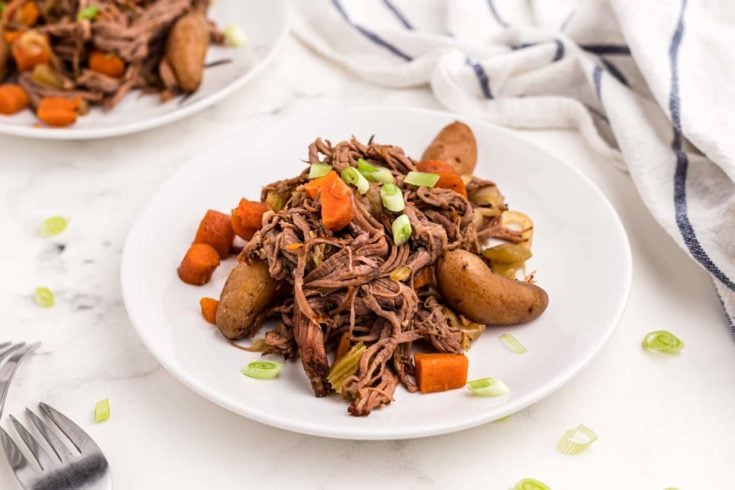
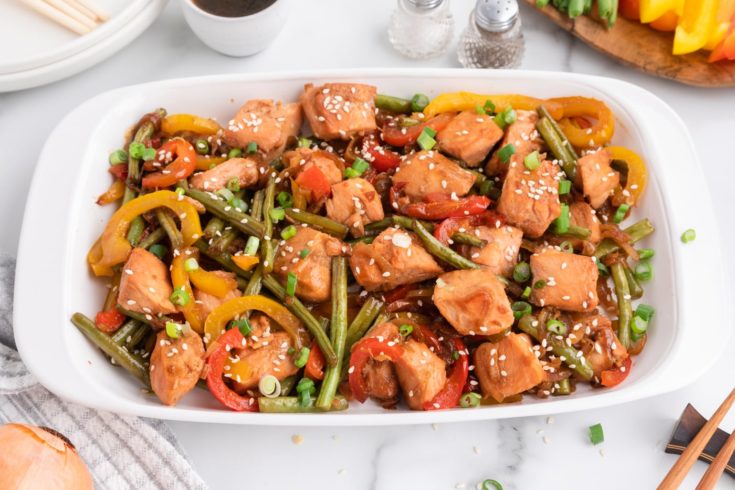
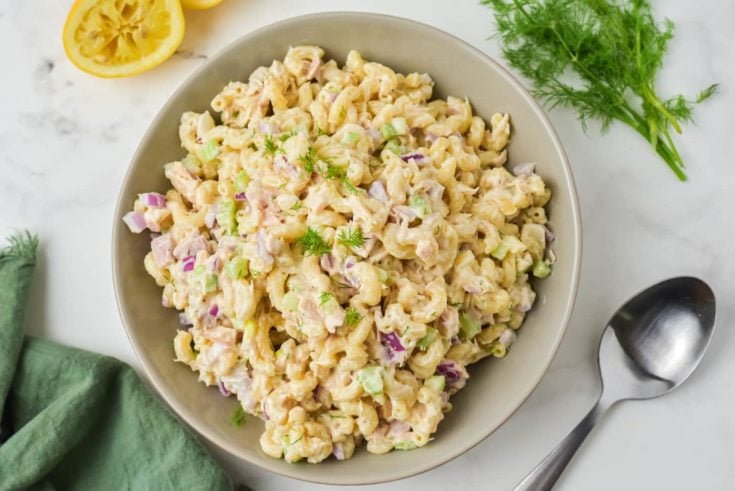
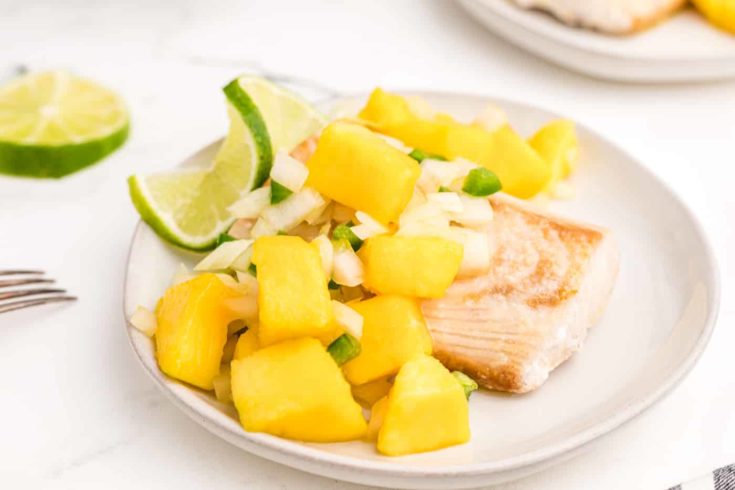
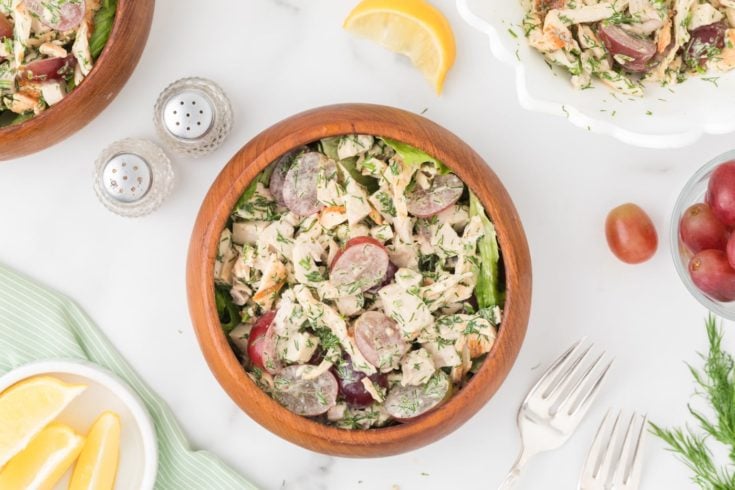
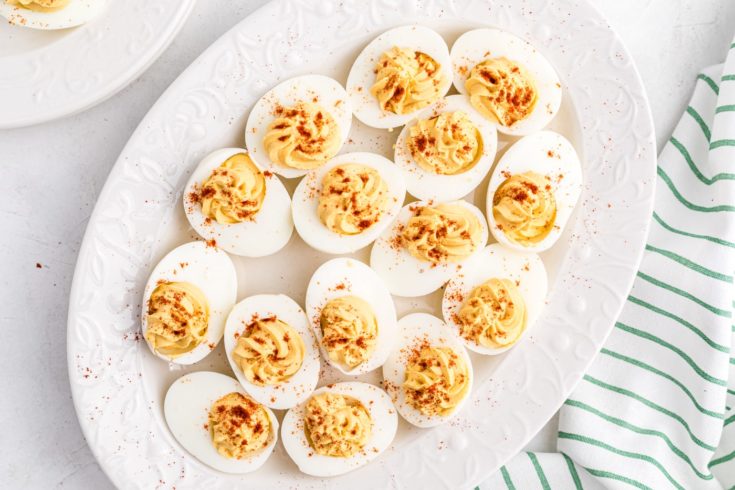
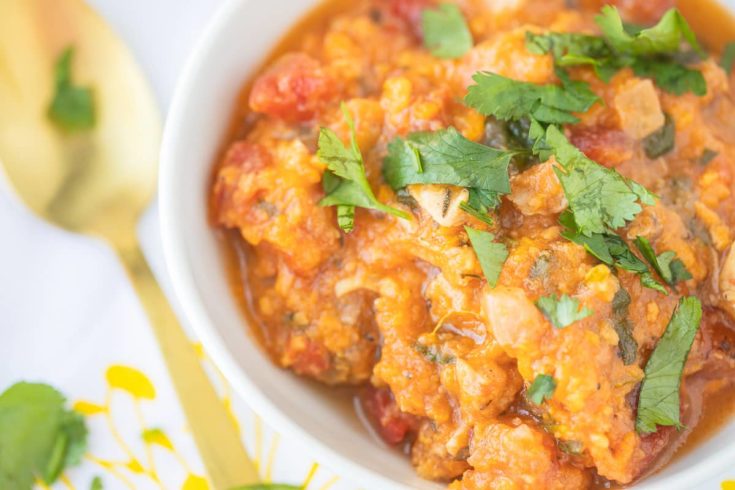
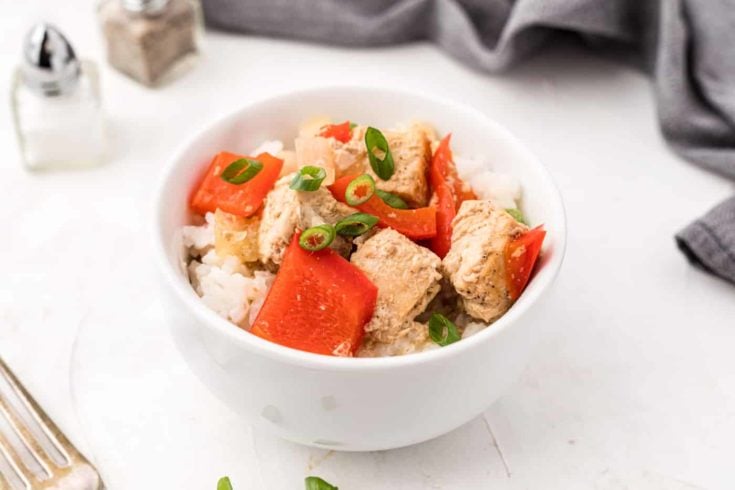
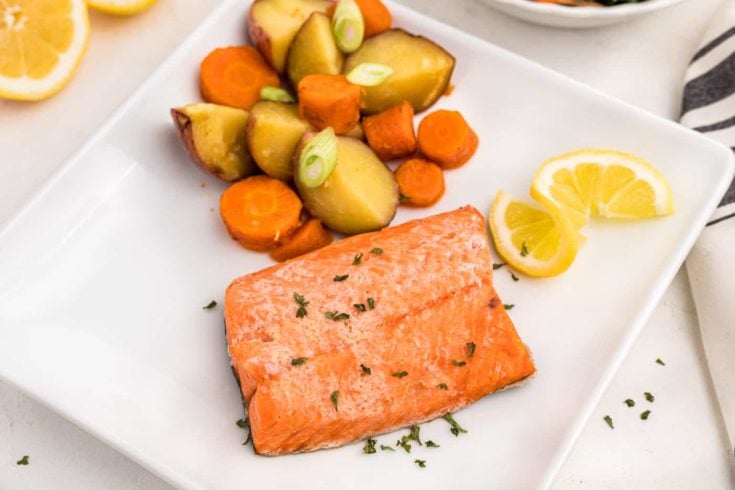
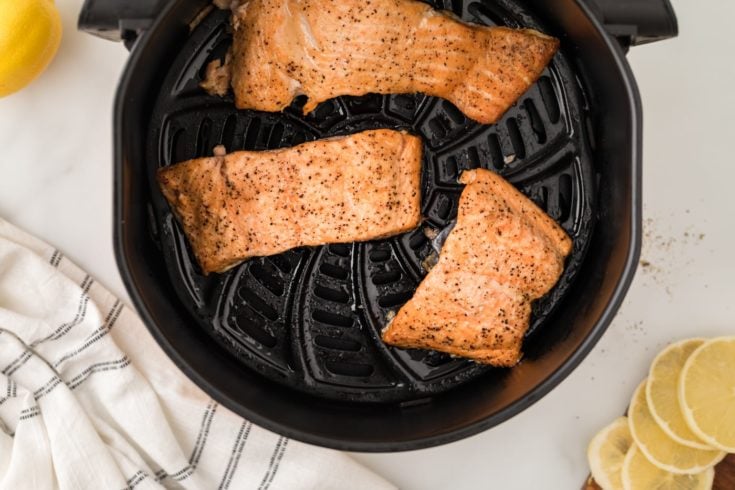
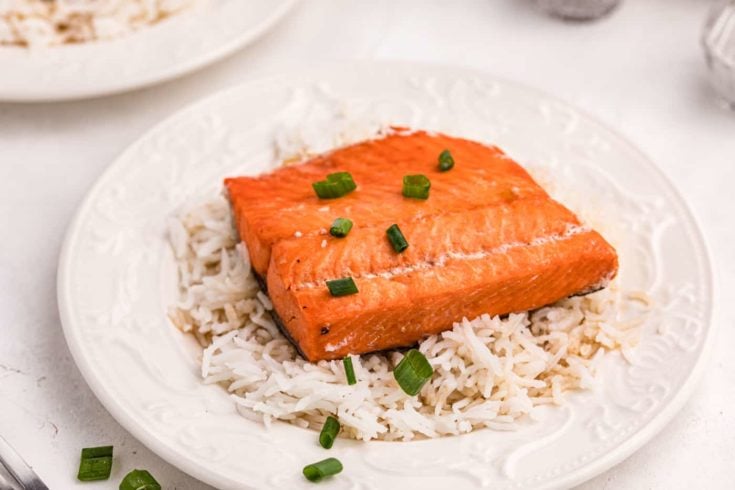
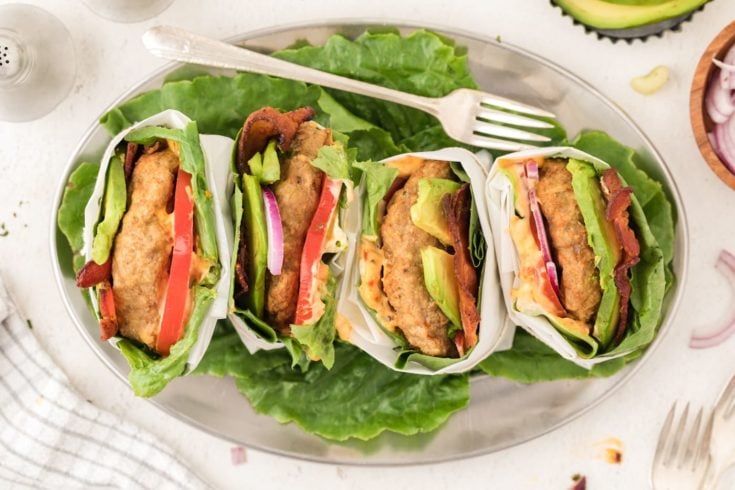
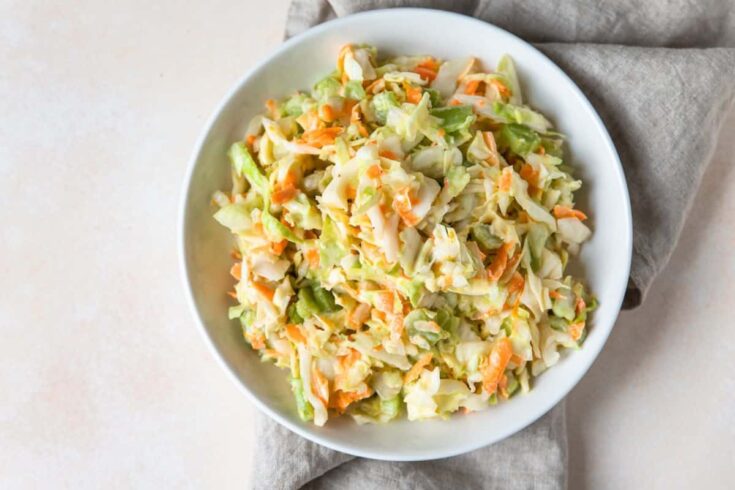
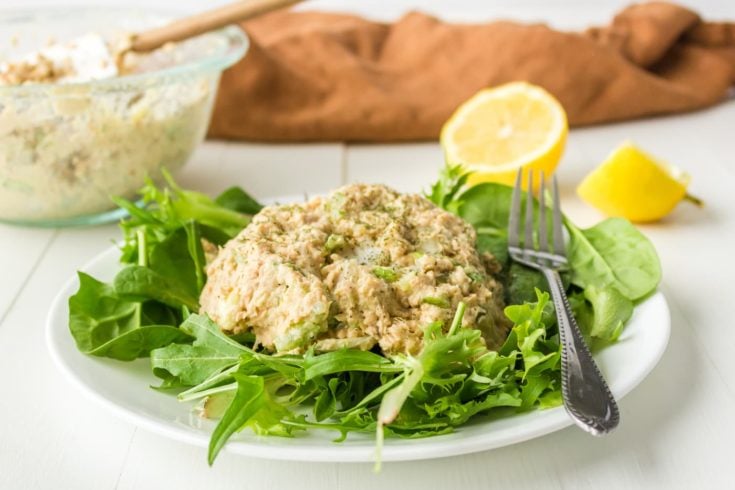
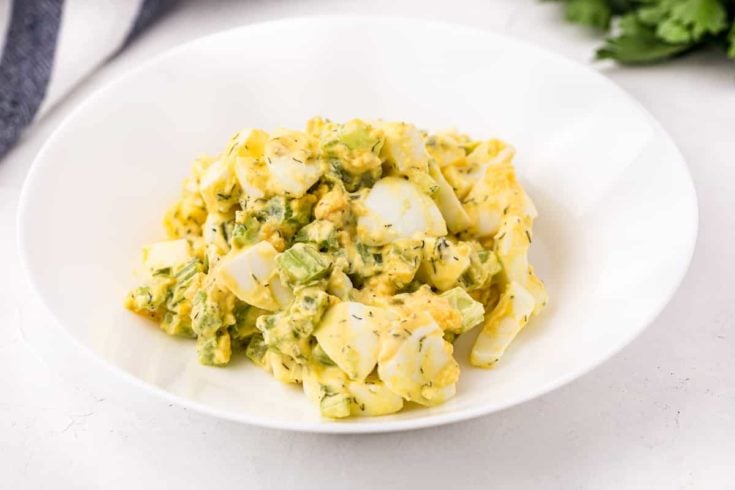
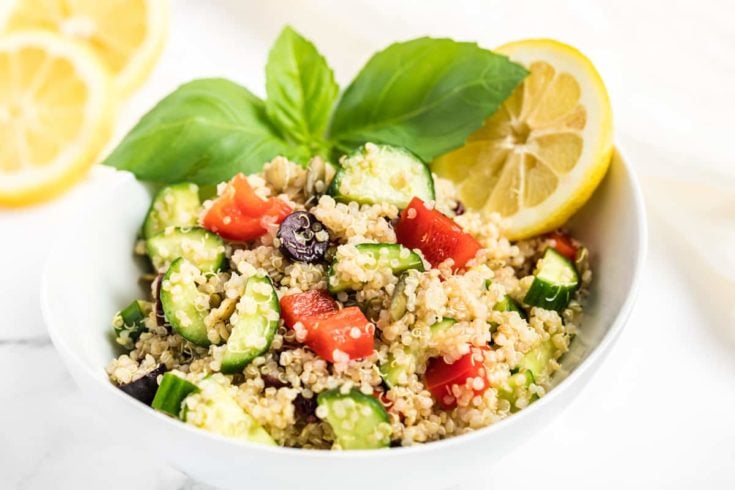
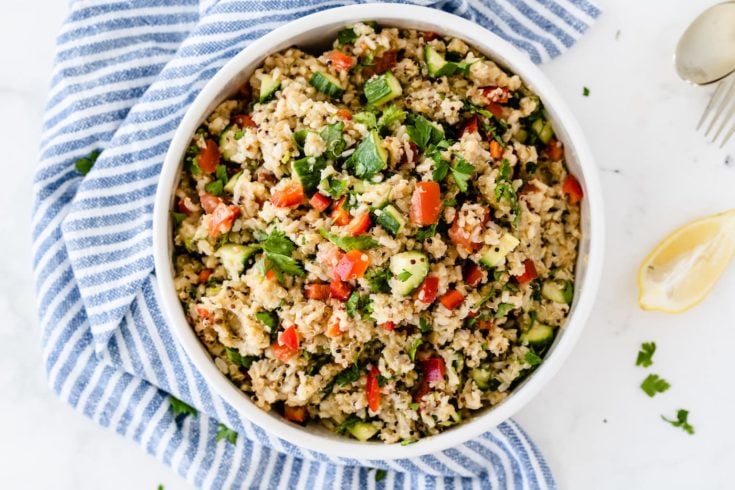
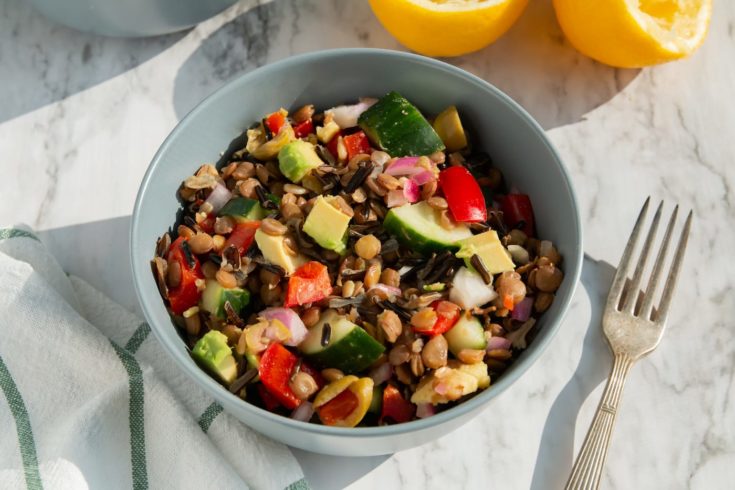
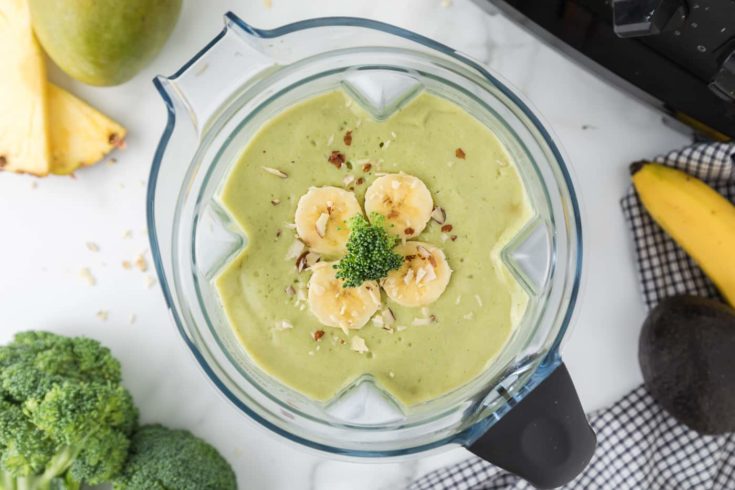
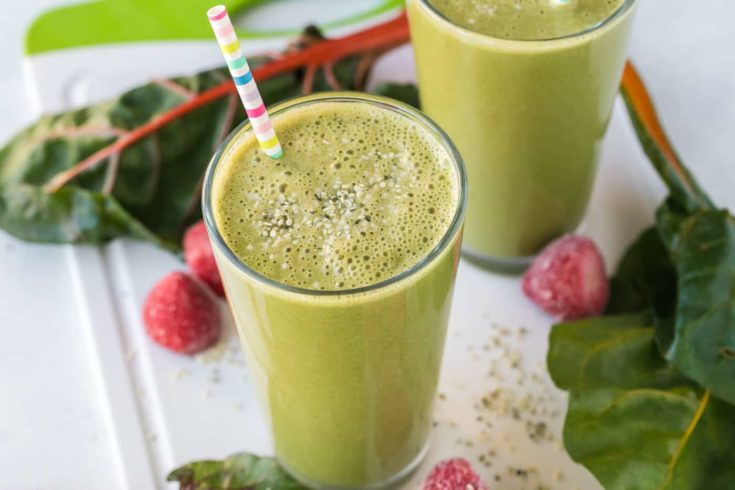
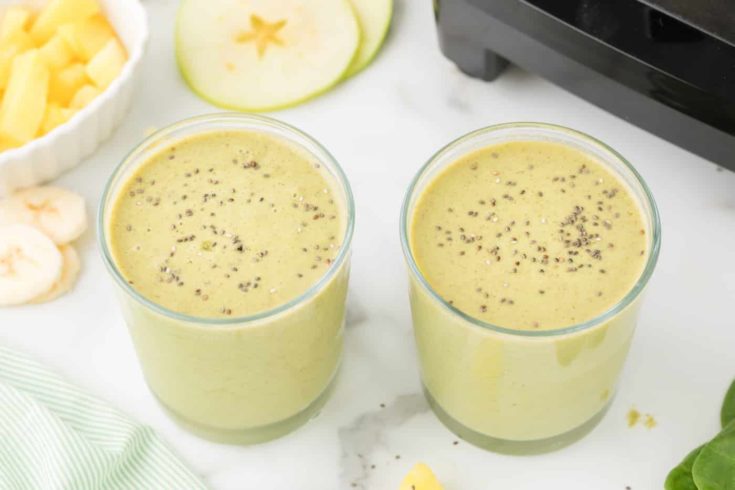
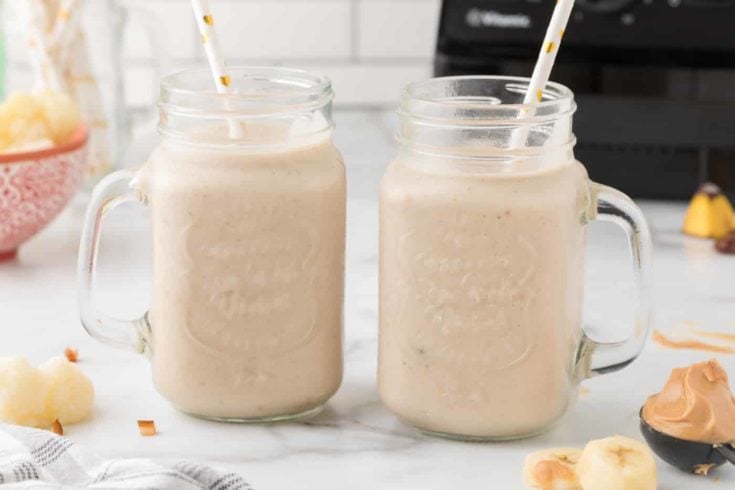
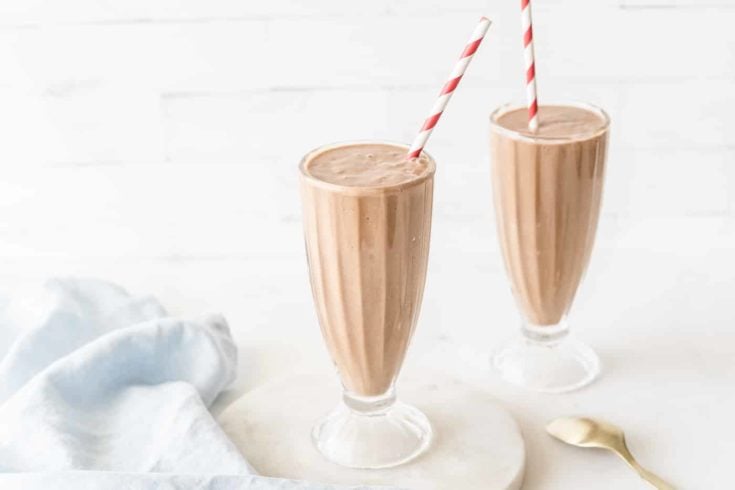
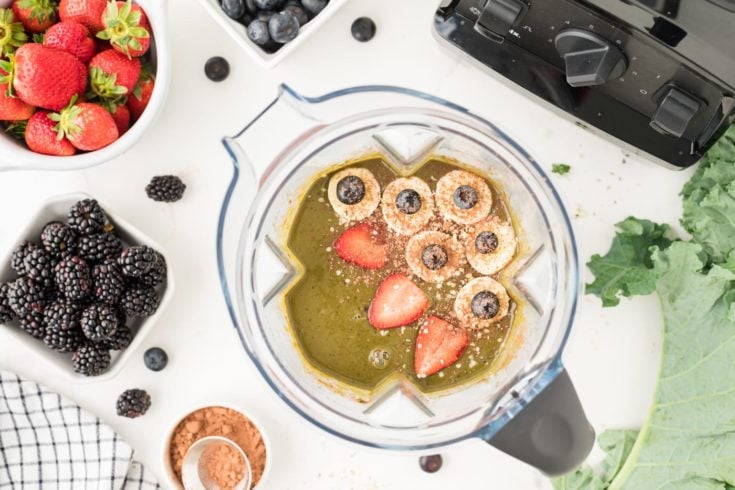
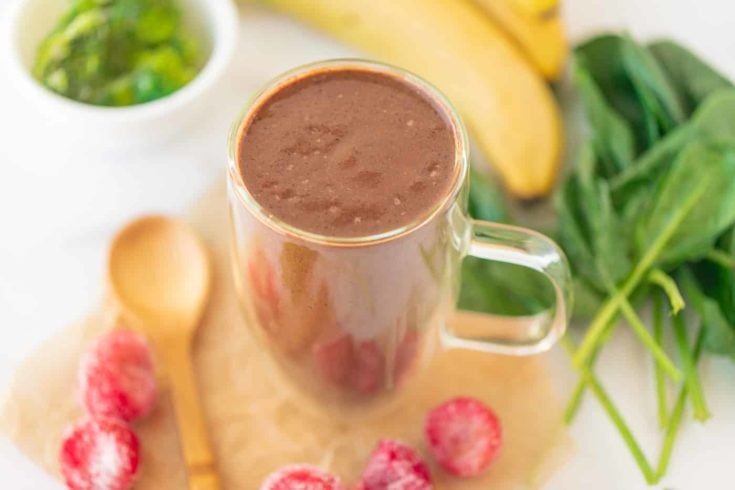
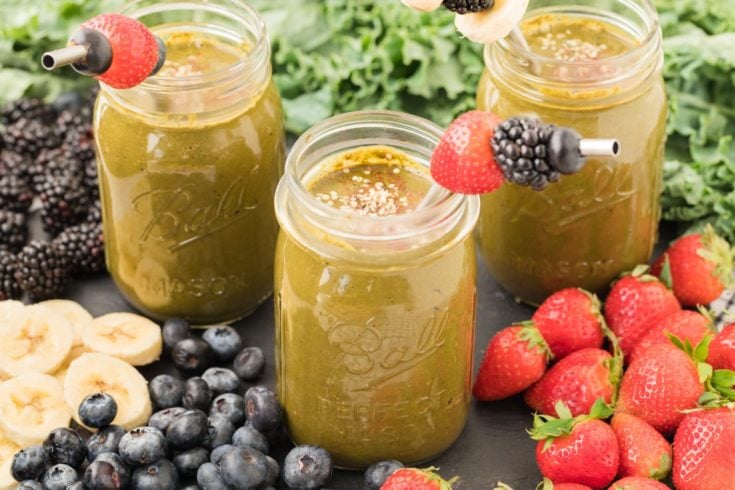


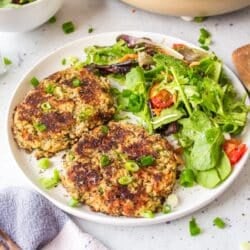
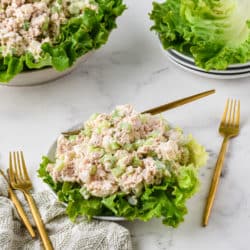

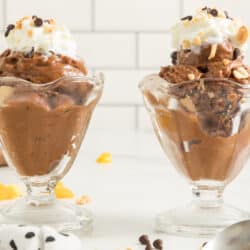








Sounds like a great diet for anyone in general. We can all benefit staying away from processed foods, sugars and alchol.
I heard that green tea was good for fertility, and I don’t know if that helped me, but I was able to conceive quickly. It is good to have a healthy diet before trying to conceive anyway.